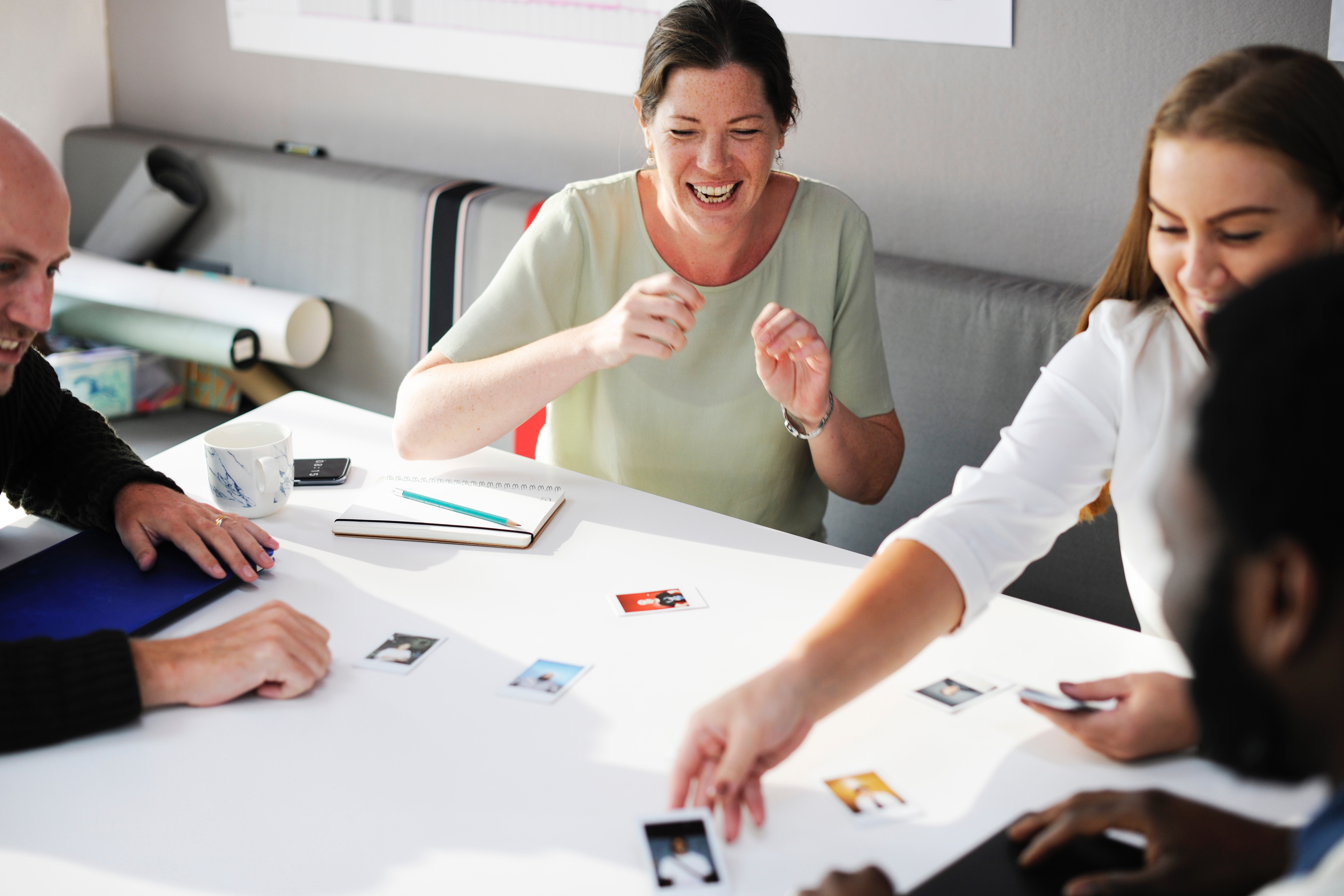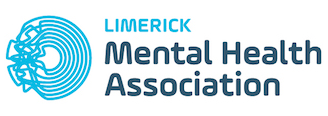Article written by Patrick Fitzgerald – CBT Therapist and Board Member at Limerick Mental Health Association.
If you had broken an arm, have a cold or feel sick then you would see a GP or go to the hospital and get what you need seen to. What about if you were feeling anxious or depressed…. Where would you go? Do we know where to go and do we know who to talk to? I believe mental health is very much in fashion at the moment in Western society. Information is at our fingertips and we are encouraged to open up.
How do we seek help?
With all the messages revolving around “it’s ok not to be ok”, “it’s ok to talk” and “if you need help it’s there”, have we jumped a bit too far by not giving the knowledge of where and how we look after this mental health of ours? Considering the term “mental health” can be interpreted or perceived in a variety of different ways, considering that the efficacy of different applied psychological frameworks can be seen in different lights and considering that the perception of recovery or living with a mental health issue can be viewed across a variety of spectrums, it is no wonder we do not have a one model fits all for everyone and this is how you look after and maintain positive mental health.

Going off the above, I will give my interpretation and opinions of avenues to look after our mental health with regard to depression or anxiety. Mental Health to me is a neutral term I use to define our wellbeing that incorporates our psychological, social and emotional health. These I can go into on a different blog post, but for today it is looking at avenues when we need help.
Talk therapy, group therapy, peer support, medication and manualized CBT are off the top of my head the avenues for depression/anxiety available depending of course on geographic location and access to each. I did not include meditation/mindfulness as this is a tool used in my practice as well as being used in a number of the below.
Talk Therapy
Being a CBT therapist myself, I am a small bit biased when it comes to what therapy or type of counsellor/therapist/psychologist/psychiatrist/psychotherapist one should go and see. In a nutshell, talk therapy involves talking to someone about what is going on in their life and any issues they are facing. The hope is that through talking one can get a better understanding of what is happening and figure out with the support (rather than the advice) of the therapist.
If going down this avenue, then I would advise reading about how the therapist works. An interesting part of the evidence for talk therapy shows that the relationship between therapist and client factors most in positive change/growth. Here in Limerick we have MyMind which offers online and face-to-face counselling. There is also a wide variety of private therapists/groups across the city and county including family resource centres.
Group Therapy
Group therapy is a group of people with 1-2 therapists facilitating the group. If it were a depression group, then the attendees would range across a spectrum with varying levels of depression. Through engagement with one another and indirect prompting of the therapist, it is hoped that growth and positive change will occur through mutual learning on how each other copes and ways of looking at the depression.
Very similar to talk therapy, the therapist’s psychological framework will set how the group moves forward. In Limerick, I do not know of any group therapies. I would imagine it would be hard to find as it hasn’t really caught on as much as in America.
Peer Support
Peer support is the help and support that people with lived experience of a mental illness give to one another through various forms of activities from groups to art to gardening. This model along with talk therapy are in my opinion the two growing the fastest in Ireland. This is about supporting each other with empathy and understanding focusing on the strengths while moving towards a person’s well-being. In Limerick we have Le Chéile under Limerick Mental Health Association that offers peer support. A day in here could see you doing some creative writing, art classes or simply having a coffee and chat.
Medication
Depending on whom you talk to, medication for depression/anxiety is seen as a plaster, something you can’t come off or something that helps you through a tough spot. I see so many people coming into me and not knowing how medication works or people wondering if they should go on medication. Typical medication namely SSRIs work on the physiological behavioural symptoms of anxiety/depression.
Medication in itself cannot alter the way we think or see the world. Through reducing the physical symptoms, we start to change the way we see the world. My example is a situation that induces an anxious response. The medication reduces the symptoms of anxiety, therefore changing how we see the event due to not feeling as anxious. I am not anti-medication nor am I pro-medication. I believe what works for you as an individual on your journey is a choice you make. However, we should make an informed decision with anything. It is important to note I am not a medical expert and would encourage anyone wanting further knowledge to talk to a medical professional such as a doctor.
Manualized CBT
With information so readily available on how structured CBT can be with anxiety/depression, it was obvious that it would be adapted into a book/online. CBT works off the premise that our perceptions of the world around us shapes how we feel/think. It also changes the way we see/think we change the way we feel. Very simple right.. CBT sounds so straightforward, it is no wonder one expects change overnight.
Manualized CBT can be done online or through a book. I would caution to make sure the book/website is certified in some way. On a daily basis, one records their thought patterns working originally off the premise of: What was the situation? What were the thoughts? What were the emotions? Did it enact any behaviours? Or essentially, what happened? Through this journaling/recording of events, one gets into a reflective practice of viewing situations or life events from this premise. This allows greater control over how we react/think thus reducing the anxiety/depression by challenging the thought patterns.
Conclusion
To finish, I think it’s vital to note that no matter the avenue used, there’s so many for a reason! We are all individual and what works for one person might not work for another. I hope this has been useful and gives a better insight into some of the options available to people.
About the author
Patrick Fitzgerald has been actively involved in the mental health scene of the Mid-West for a number of years. He manages various projects and regularly speaks about the issues being faced by today’s society. Along with practicing as a CBT therapist, Patrick sits on a number of boards across Limerick.
